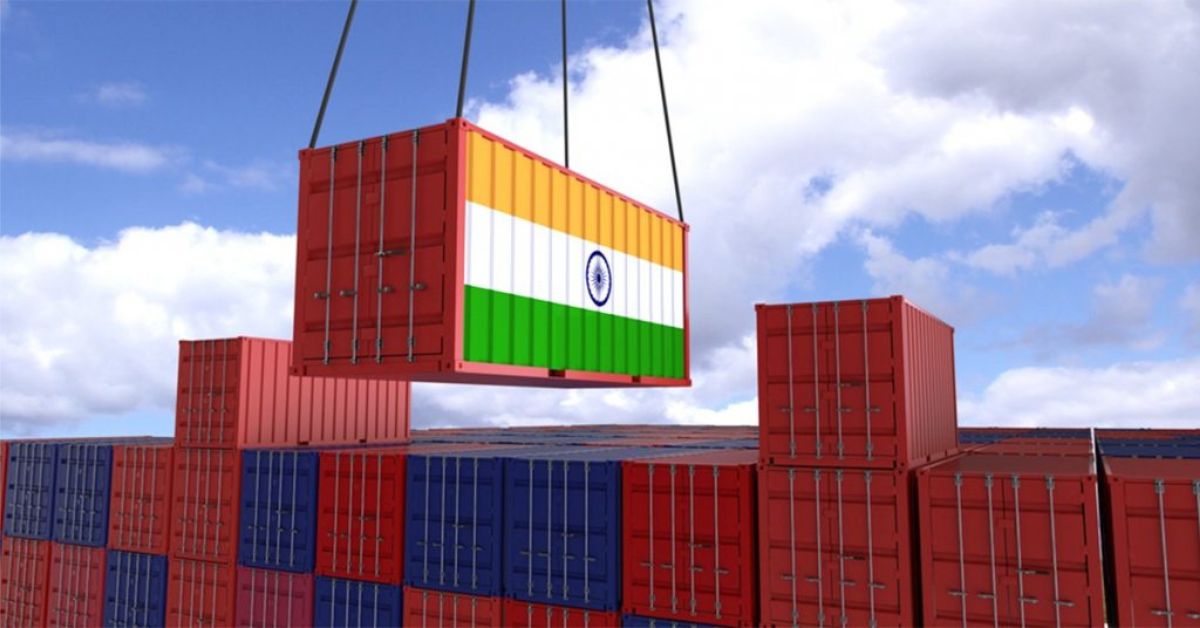The Government of India has made a significant change to its export policy by requiring exporters who benefit from the Remission of Duties and Taxes on Exported Products (RoDTEP) plan to file an Annual RoDTEP Return (ARR). The Directorate General of Foreign Trade (DGFT) introduced this new criteria in an effort to streamline compliance with the usage of RoDTEP advantages and guarantee accuracy in exporters’ requests for duty remission.
Exporters having RoDTEP claims over Rs. 1 crore in a fiscal year are required to file their reports by March 31 of the following fiscal year, according to the ARR filing directive, which is explained in the recently introduced Paragraph 4.94 in the Foreign Trade Policy (FTP) Handbook of Procedures (2023). Benefits under the RoDTEP system will be suspended if the ARR is not filed, and there will be additional costs for late filing.
Pharma exporters are required to file the ARR by March 31 of the following year if they claim more than Rs. 1 crore under RoDTEP for a fiscal year. For instance, the deadline for filing claims for Financial Year (FY) 2023–2024 is March 31, 2025.
Benefits will be denied for noncompliance. There will be a grace period till June 30 for late filing, with a 10,000 rupee composition cost. This cost doubles to Rs. 20,000 after June 30. Within 45 days of the payment of any necessary fees, RoDTEP claims processing will start up again. In order to support their ARR applications, exporters are required to keep records for a period of five years. The DGFT will periodically review the records, and if any discrepancies are found, they could have an impact on future RoDTEP rates.
ARR files may also be evaluated on a regular basis for the required due diligence and submitted to the RoDTEP Committee for appropriate rate modification, including the consideration of higher rates when appropriate.
The Income Tax (IT)-assisted risk-based criteria may also be used to identify specific ARR instances for additional examination in order to determine the type of inputs used in export production and the actual taxes and duties paid, as allowed by FTP Paragraph 4.54. The RoDTEP scrip holder shall be responsible for refunding or surrendering any excess claims based on the order passed following the examination under the appropriate customs head, following a thorough assessment by the applicable authority, which has been tasked in this regard. Additional benefits under the Scheme will be discontinued if the excess claims are not regularized within the allotted time.







